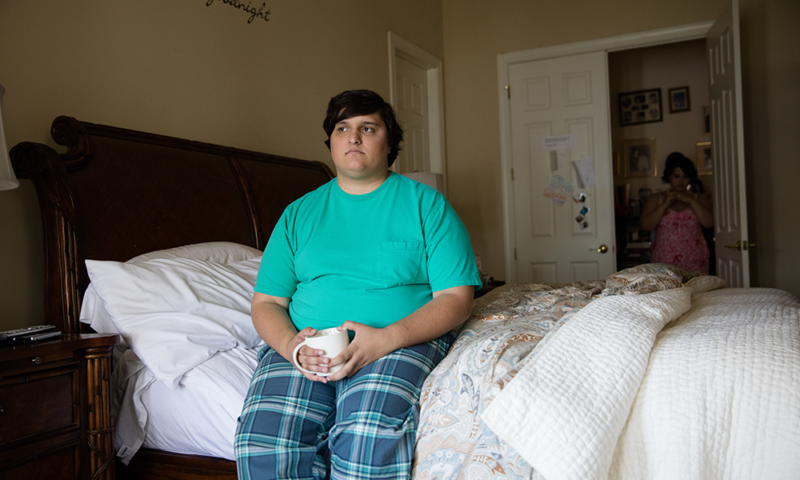Living with excess weight or obesity affects most body systems — and unfortunately, that includes reproduction. Both men and women who struggle with weight are at risk for problems with reproductive health including conception, pregnancy and birth.
Who is at Risk?
While infertility affects 10 to 15 percent of couples worldwide, studies show that if both partners have a Body Mass Index (BMI) greater than 30 – 35, difficulty conceiving increases by 60 percent compared to those with a BMI under 25. However, even if only one partner struggles with their weight, their chances of successful reproduction may still be limited.
Reproductive Health Effects
Women’s Reproductive Health
Women with higher BMI’s from fat mass often struggle to ovulate, conceive and manage a healthy reproductive environment. Excess weight is known to have the following effects:
- High Insulin Levels – Affecting glucose control and pancreatic health
- Polycystic Ovarian Syndrome (PCOS) – Growth of ovarian cysts (benign masses on ovaries) from an imbalance of the sex hormones estrogen and progesterone
- Higher Levels of Male Hormones – An abnormal sex hormone imbalance can increase male hormones like testosterone, thus disturbing ovulation cycles and fertility
- Irregular Periods – Menstrual cycles will often stop or become unpredictable
- Barriers to Reproduction – Including conception, pregnancy and birth complications
Men’s Reproductive Health
Men with higher BMI’s may also face reproductive challenges. NIEHS data suggests that a 20-pound weight gain may increase infertility by about 10 percent. These challenges include:
- Hormone Irregularities – Affecting testicle stimulation that inhibits sperm production
- Estrogen Increase – Testosterone may convert to estrogen
- Issues with Sperm – Resulting in decreased sperm count and quality
Improving Reproductive Health
While reproductive health is highly complex and dependent on more than one factor besides excess weight or obesity, there are definitive steps that couples can take to try and establish better control. First, try to approach the subject as a team and discuss your concerns, challenges and hopes for the future. After all, bearing children is definitely a joint effort.
Second, work on taking gradual steps toward a healthier lifestyle. Even weight-loss of just 5 to 10 percent can have significant health benefits. This includes a sound nutrition plan, fitness regimen and watchful supervision from a health professional or team.
Finally, don’t underestimate the importance of mental health. Both infertility and issues with weight are associated with higher rates of depression. Take your mental health seriously and, if needed, don’t be afraid to reach out to a licensed psychologist/therapist.





